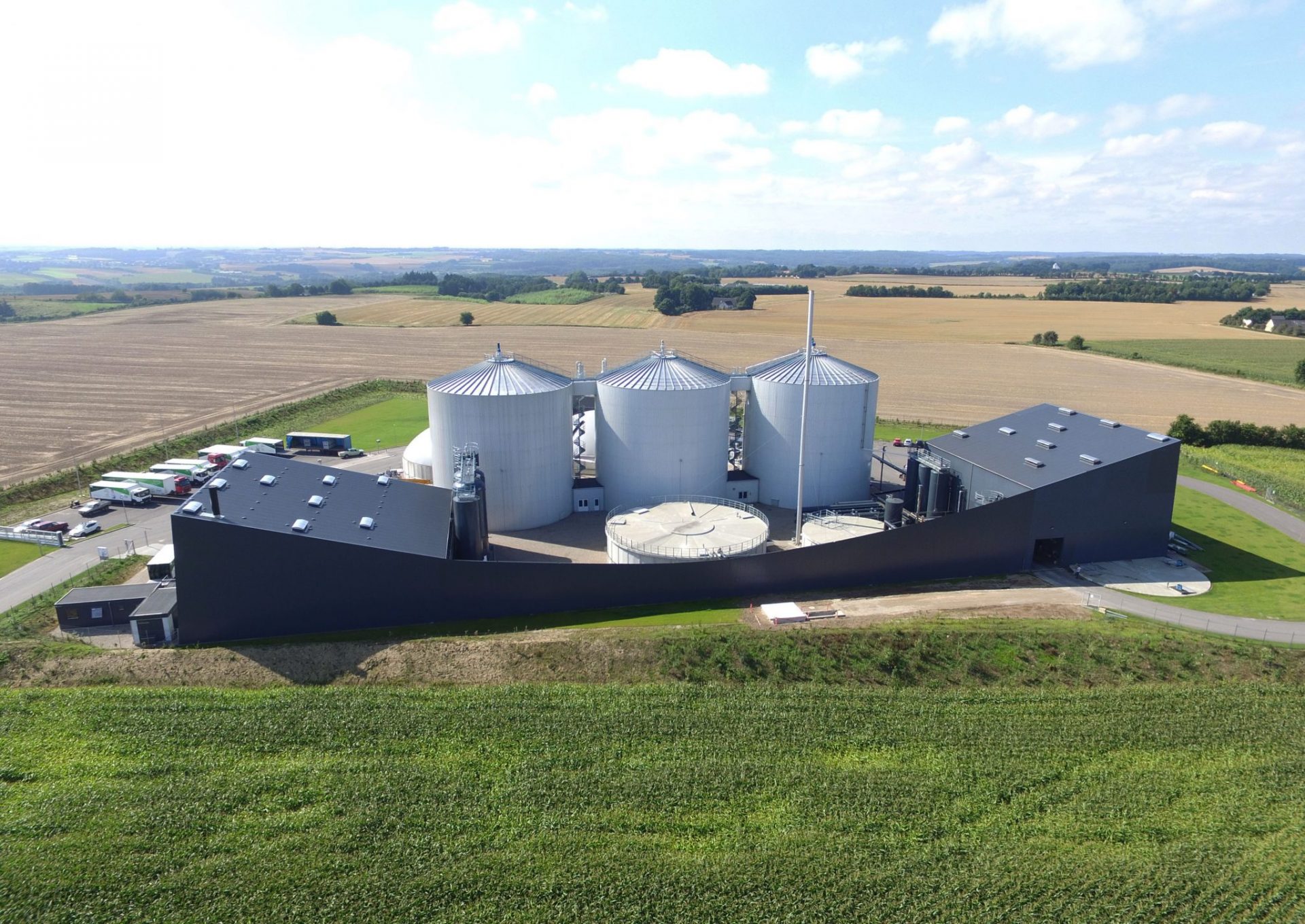Recycled waste is fuel for biogas
Food waste and livestock manure are valuable raw materials at the Horsens Bioenergi co-digestion plant. Operated by engineering company Bigadan, the plant uses this feedstock to produce 28 million cubic metres of biogas a year – enough to meet the energy needs of 4,000 Danish households.
Local farmers and food producers such as Danish Crown have sent their waste and side streams to the biogas plant since 2014. Restaurants, canteens and others in the catering sector rely on waste management company Daka ReFood to collect their food waste and deliver it to the plant for recycling.
The plant uses feedstock to produce enough biogas that meets the energy needs of 4000 danish households
Upgrade to Natural Gas
Bigadan has built a reputation on its skilful ability to engineer and run biogas plants adapted to specific feedstock. This expertise has also driven the recent increase in capacity for upgrading biogas to sustainable natural gas, supporting the transition away from fossil fuels.
All feedstock is sterilised on arrival at the plant to remove potential pathogens and weed seeds. Around 100 farmers then use the degassed leftovers as a fertiliser that returns nutrients to the soil.
Surplus heat from the biogas plant and wastewater from local industry are used for the pulping process at neighbouring Daka ReFood.
The entire operation adds up to a great example of a circular bioeconomy, where renewable raw materials create maximum sustainable value.


